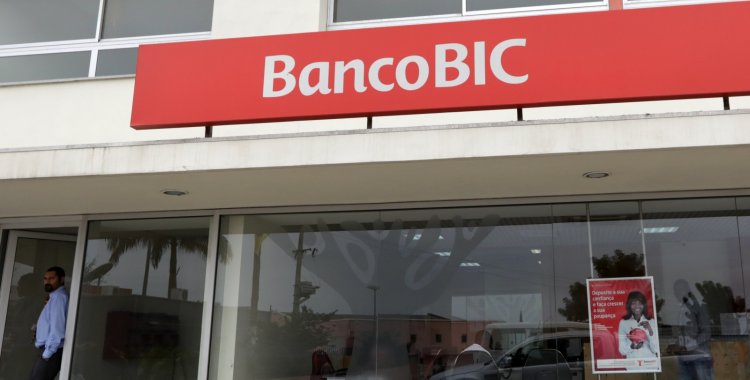The measure follows the decision of the BIC-CV administration not to proceed with the transformation of its restricted license into a generic one, in order to be able to work with local customers and not just with non-residents, within the scope of the end of the offshore banking regime in Cape Verde on December 31, 2021.
According to information from the Bank of Cabo Verde (BCV), this month and consulted this Tuesday by Lusa, the central bank's board of directors determined the "administrative liquidation" of BIC-CV and appointed a liquidation commission made up of three elements.
"Determine that the credit institution is immediately handed over to the liquidation commission", refers the same information from the BCV, adding that the administration must provide the provisional list of creditors, indicating the amounts, maturity date, nature and guarantees that they benefit, the list and identification of pending actions and executions to which the credit institution is a party, and indicate the activities to which it has been engaged in the last three years.
It must also provide the liquidation commission with the list of assets, documents for the rendering of accounts for the last three years and a personnel map.
According to previous information from the BCV, Isabel dos Santos holds, indirectly, through Santoro Financial Holdings, SGPS, SA and Finisantoro Holding Limited, 42.5 percent of the share capital of Banco BIC Cabo Verde, although "she does not exercise any role in the institution's social
BIC-CV's board of directors explained in February that the new regulatory framework in the archipelago, which ended offshore banks, led to the decision to leave the country.
"The revocation of the license of the BIC-CV bank is not the result of any sanctioning act or process derived from behavior that could result in such a sanction, but only of the decision of BIC-CV not to intend to continue to exercise its activity in the market cape verdean as a credit institution with generic authorization", reads a statement released at the time by the board of directors.
The statement recalled that the regime that allowed BIC-CV - since 2014 - to operate as a credit institution with restricted authorization, only for non-resident customers, included that activity "in a regulatory framework with tax incentives", as "happened and still happens in certain countries, as a way of attracting foreign investment", which however ended.
BIC-CV's board of directors assured that "having freely chosen not to proceed with the request for the reconversion of its license to a generic authorization bank", which could have done so until the end of 2021, "as provided by law, resulted in the revocation of the license and not any type of sanction derived from an administrative offense measure or otherwise".
Lusa reported on 11 February that the Cape Verdean central bank had revoked the authorization of the BIC-CV.
Questioned by Lusa, an official source from the BCV confirmed that the BIC-CV "given up the process of converting into a generic authorization bank", which had started in 2021, as announced by the administration itself.
"With the authorization revoked, the BIC Cabo Verde bank no longer has a license to operate in Cabo Verde", explained the BCV.
"The financial institution's liquidation process will follow, under the terms of the law", said the same source at the time.
BIC-CV presented profits of six million euros in 2019, an increase of 14.8 percent compared to the previous year, with only 11 workers.
BIC-CV was one of four banks operating in Cape Verde with restricted authorization, only for non-resident customers and therefore considered 'offshore', a regime that, due to the legal amendment approved by the Cape Verdean parliament, would end at the end of 2020, but which was extended by the Government for a year due to the covid-19 pandemic.
The BCV confirmed in December 2020 that it had received the decision from the management of Banco Privado Internacional, one of those four offshore banks, for its liquidation and that it was a voluntary decision of the shareholders. The same happened later with the Portuguese Montepio Geral Cabo Verde, while the Banco de Fomento Internacional (BFI) concluded, in the meantime, the transformation to a generic authorization bank.
In addition to the four banks that operated with restricted authorization until December 31, 2021, Cape Verde has seven more commercial banks with a generic license (to which the BFI is now added).
The BCV could compulsorily close down banks with restricted authorization that operate in the country, only for non-resident customers, considered 'offshore', that did not comply with the new requirements, that is, the transformation of Credit Institutions with Restricted Authorization (ICAR) to license of Generic Authorized Credit Institutions (ICAG), starting to work with local clients.
In the text of the diploma approved by parliament, it is mentioned that the legislative change introduced in the financial system in 2014 "was not enough for Cape Verde to stop being considered an 'offshore' legal system and a non-cooperative jurisdiction" by the European Union, something that only happened in February 2020.







